It's World Reef Awareness Day—here are ways to do your part in protecting coral reefs

— Recommendations are independently chosen by Reviewed’s editors. Purchases you make through the links below may earn us and our publishing partners a commission
Today, June 1st is World Reef Awareness Day. It’s all about being aware of the impact our actions as humans have on the beautiful marine organisms known as coral. The incredible Great Barrier Reef, a collection of coral off the coast of Australia, is the world’s largest reef system—it’s even visible from space.
Coral reefs, and their many inhabitants, are in danger largely due to manmade actions that contribute to global warming. Fortunately, there are a few things you can do in your daily life to reduce the strain on coral. As World Reef Awareness Day kicks off World Ocean Month, now is as good a time as any to make simple changes that can make a big impact.
Make smart choices without hours of googling. Subscribe to The Checklist newsletter for expert product advice and recommendations.
Why do we need coral reefs?
According to the National Oceanic and Atmospheric Administration (NOAA), coral reefs provide a variety of benefits that warrant protection. While it's true that their beauty attracts visitors from around the world, it does more than that. Tourism around coral reefs provides hundreds of jobs to tour guides, fishers, divers, snorkelers and more, adding substantial economic value to them. Aside from providing beauty, they also help to protect coastlines from storms and erosion. What's more, they provide food for marine life and humans, and even provide medicine.
Clean up the beach

You probably already know that marine debris such as plastic bags and six-pack rings can harm marine organisms such as sea turtles, but did you know they can also injure and kill coral reefs? Toys, bottles, cigarette butts and other trash are all bad news for coral reefs. One way you can do your part in protecting them is by picking up and properly disposing of trash on the beach. You’ll want to dispose of your own trash, of course, but why stop there? Use a grabber and compostable trash bag to dispose of any trash you come across during your next beach day.
Ditch plastic bags
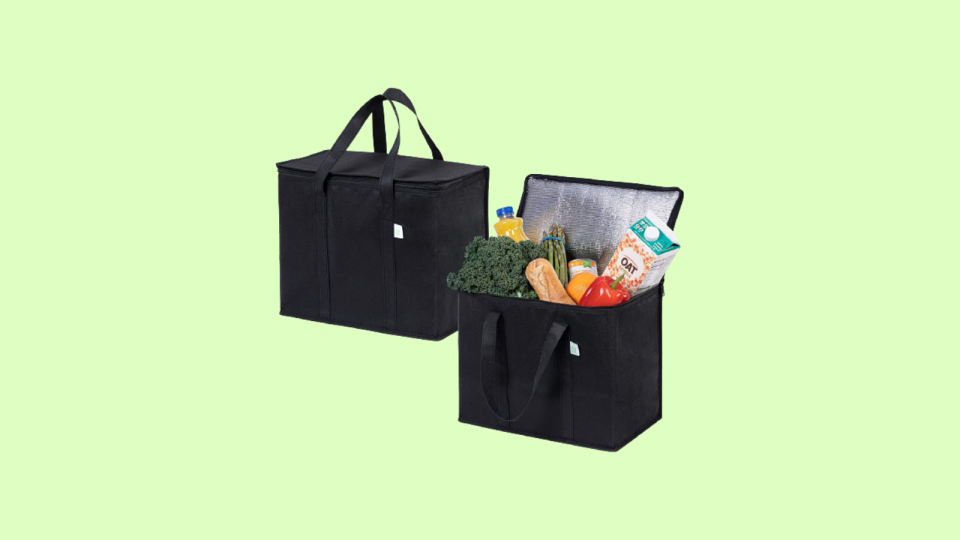
One way to reduce the amount of plastic waste potentially going to the ocean is by using reusable bags at grocery stores instead of single-use ones. If you're going grocery shopping, get in the habit of bringing an insulated bag. Not only will it protect reefs in the long run, but it will also keep your groceries from spoiling in the summer heat.
Opt for a reusable water bottle
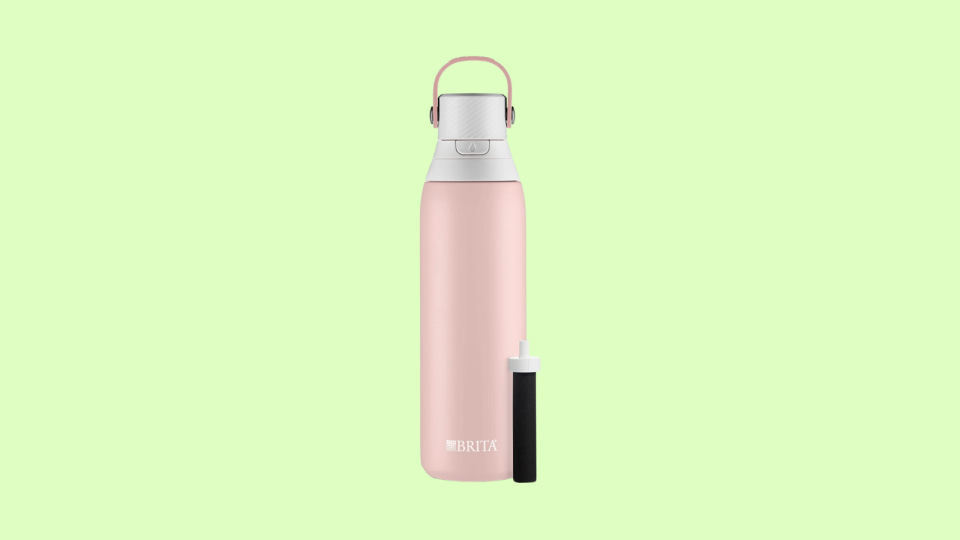
Yet another common source of plastic is single-use water bottles. We know that this summer is likely to be a real scorcher, so we're not asking you to forego water entirely. Instead, try using a reusable water bottle. Not only is it better for the environment, but it will taste better, since our favorite water bottle has a filter that eliminates tastes and smells, giving you crisp, fresh sips.
Use mineral sunscreen
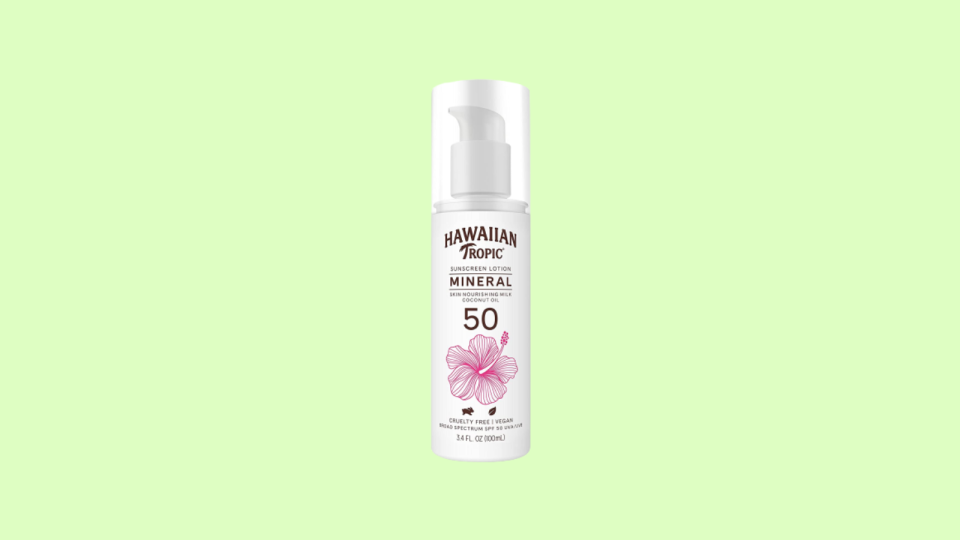
Many sunscreens contain chemicals that can cause or exacerbate coral bleaching, in which corals expel the symbiotic algae that live on them, turning them white and making them more susceptible to disease and injury. Fortunately, there are mineral sunscreens that you can use that are harmless to coral reefs. Our favorite is Hawaiian Tropic's Mineral Skin Nourishing Milk SPF 50 Sunscreen. We love it because it has a pleasant smell and doesn't leave a white cast on your skin when you apply it.
Get a rain barrel
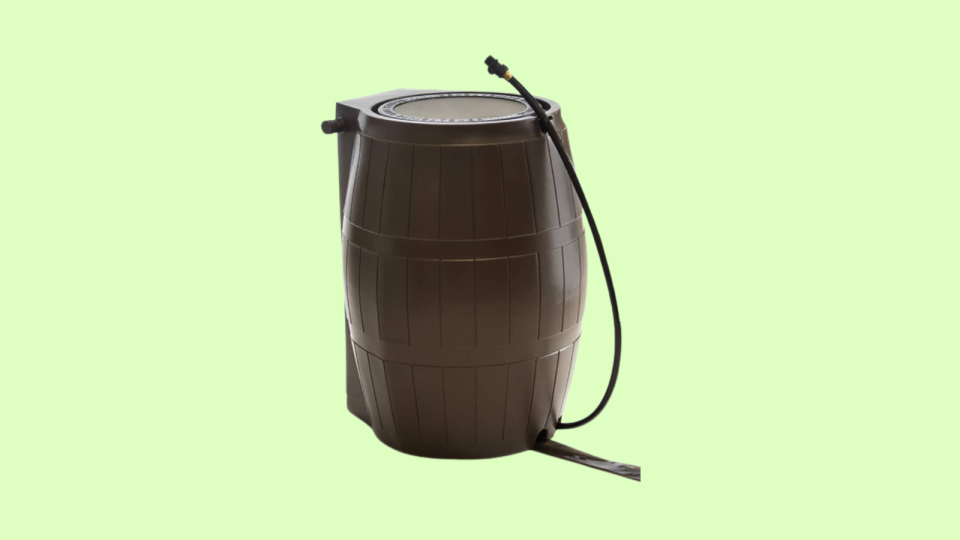
Even rainwater can contribute to the decline in coral health. This is because it carries whatever's on the ground, including chemicals, as runoff toward streams where it eventually reaches the ocean. A way to reduce the amount of runoff is by collecting rain before it hits the ground using a rain barrel.
One of the best rain barrels on Amazon is the FCMP Outdoor RC4000 50-Gallon Heavy-Duty Outdoor Home Rain Catcher Barrel. It has over 1,490 five-star reviews and buyers enjoy its ease of use and large water capacity.
Take a walk
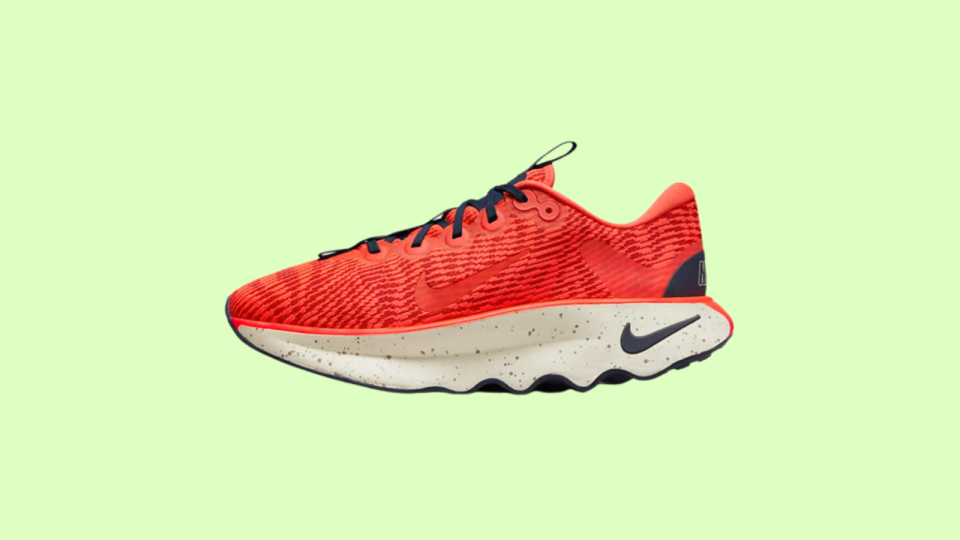
Global warming caused by emissions is a major contributing factor to coral bleaching. A good way to contribute to reef protection is by cutting back on your personal emissions by walking or running instead of using a car. A great walking shoe that's making the rounds right now is the Nike Motiva, which reviewers love for its comfort and durability.
Ride a bike

For longer emission-free trips, we recommend riding a bicycle. For a versatile bike that can handle a variety of terrains, consider buying a fat-tire bike. There are many to choose from, but the best you can buy is the Mongoose Copper 18-Inch Argus ST 26 which is sturdy and beginner-friendly.
Use a smart plug
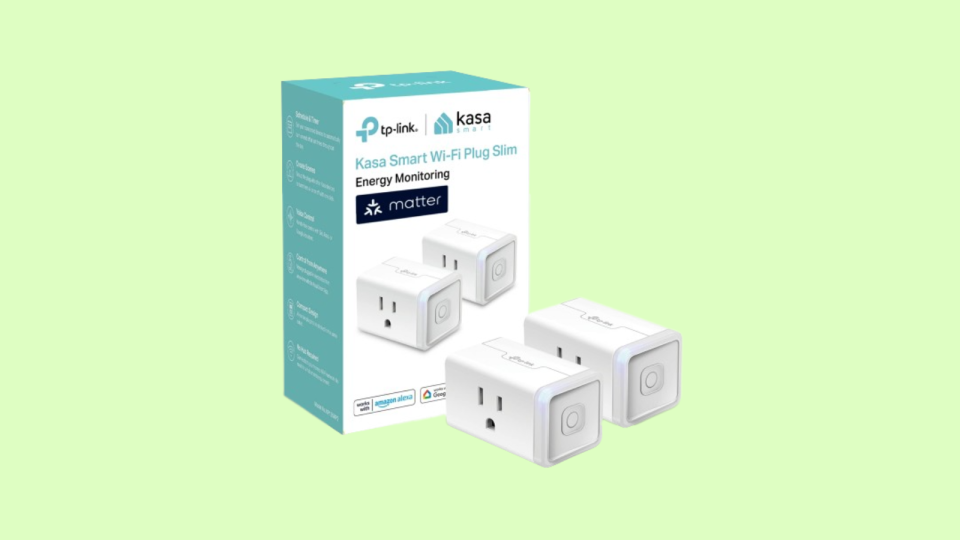
Another way to cut back on your emissions is by reducing your use of electricity in your home. This is easier than it seems, as we often waste electricity on things that we aren't even using. You can curb this by using a smart plug. The best one we've tested is Kasa Matter’s Smart Plug with Energy Monitoring. As the name implies, it monitors your energy usage and can help you conserve energy with its nifty features including scheduling, away mode and a countdown timer that will automatically cut the power off after a set period of time. Beyond this, it's slim, compact, fast and responsive.
Install solar panels
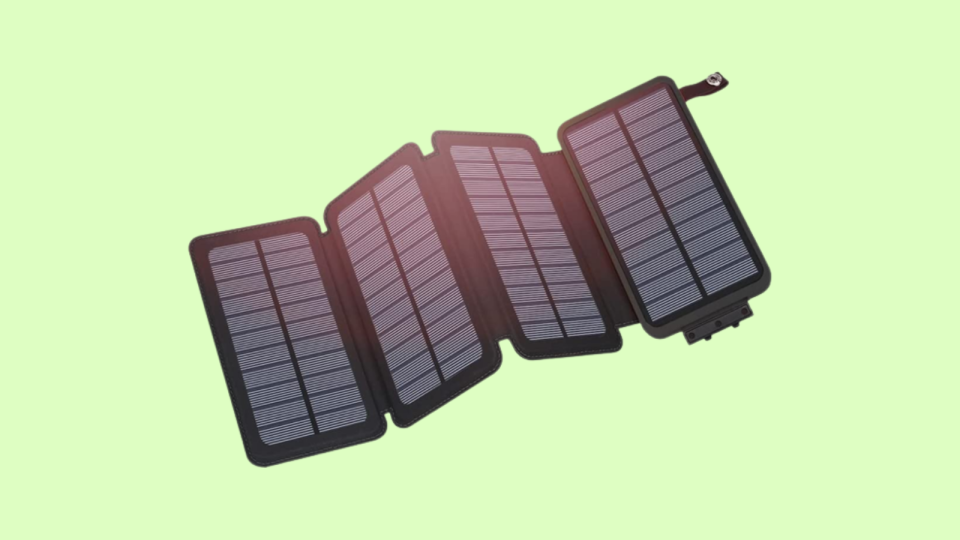
Solar panels offer an alternative, greener way to power your electronic devices. The best solar panel you can buy is the Hiluckey HI-S025 Solar Power Bank. This waterproof power bank comes with a built-in flashlight and two USB ports. Despite its immense power, the solar panel can easily fit into a bag for transportation.
Screw in an efficient lightbulb
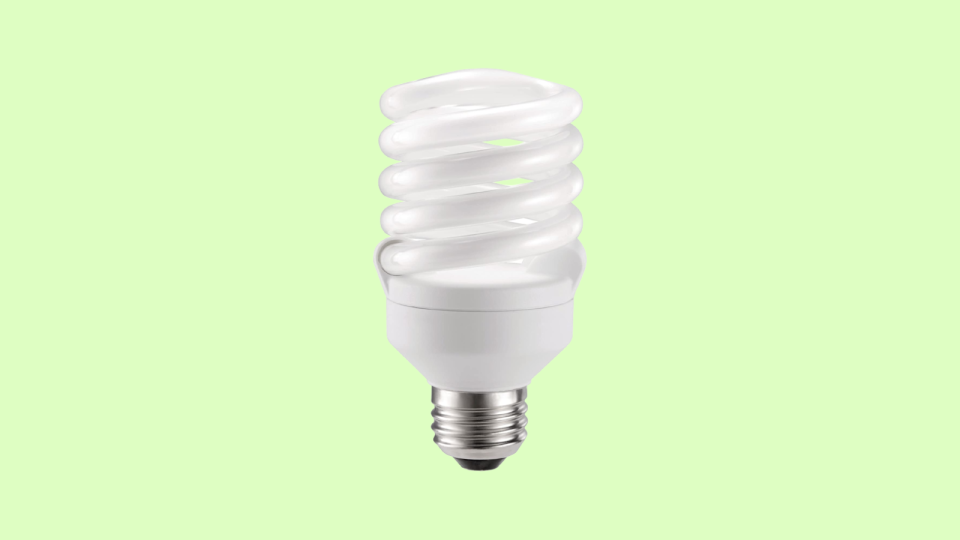
Quality LED lightbulbs can also reduce your emissions, as they're very energy efficient. Philips has a great energy-efficient lightbulb which buyers love because of its medium-brightness lighting and lack of flickering. Philips estimates that each of these Energy Star-certified bulbs will cost $1.57 a year to run, so they’re cost-effective, too.
The product experts at Reviewed have all your shopping needs covered. Follow Reviewed on Facebook, Twitter, Instagram, TikTok or Flipboard for the latest deals, product reviews and more.
Prices were accurate at the time this article was published but may change over time.
This article originally appeared on Reviewed: How to protect coral reefs for World Reef Awareness Day

